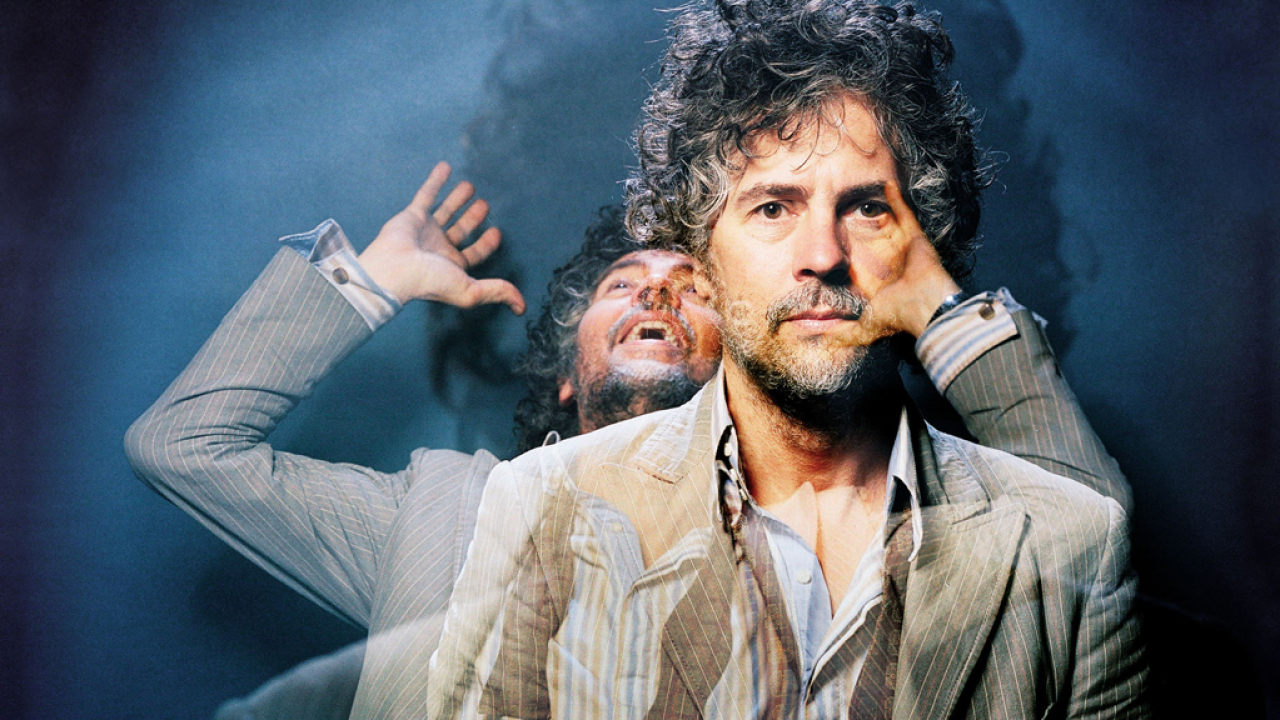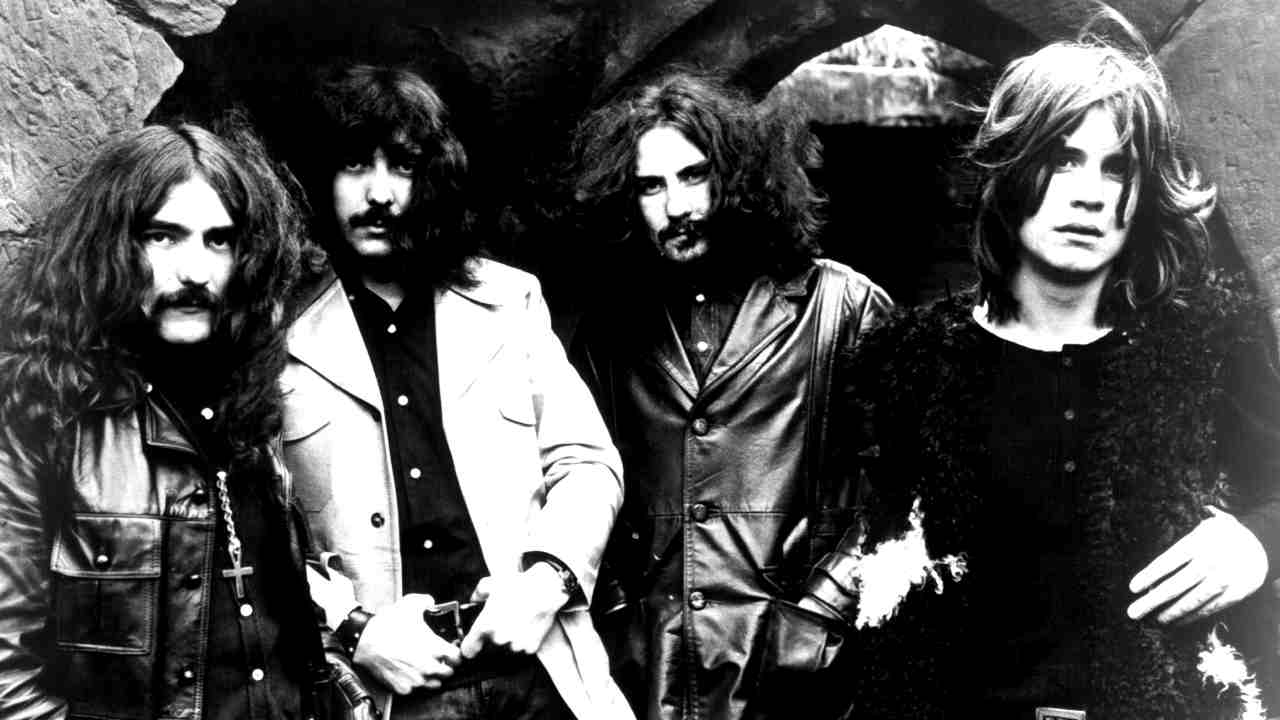Drugs: Wayne Coyne
Chief Lip speaks.

Select the newsletters you’d like to receive. Then, add your email to sign up.
You are now subscribed
Your newsletter sign-up was successful
Want to add more newsletters?

Every Friday
Louder
Louder’s weekly newsletter is jam-packed with the team’s personal highlights from the last seven days, including features, breaking news, reviews and tons of juicy exclusives from the world of alternative music.

Every Friday
Classic Rock
The Classic Rock newsletter is an essential read for the discerning rock fan. Every week we bring you the news, reviews and the very best features and interviews from our extensive archive. Written by rock fans for rock fans.

Every Friday
Metal Hammer
For the last four decades Metal Hammer has been the world’s greatest metal magazine. Created by metalheads for metalheads, ‘Hammer takes you behind the scenes, closer to the action, and nearer to the bands that you love the most.

Every Friday
Prog
The Prog newsletter brings you the very best of Prog Magazine and our website, every Friday. We'll deliver you the very latest news from the Prog universe, informative features and archive material from Prog’s impressive vault.
What are the artistic benefits of drugs?
They let your mind relax and not think about your failures or insecurities. They make you feel superhuman, which makes you more assertive and extrovert. Because a lot of artists are introverted weirdos.
Are there Flaming Lips albums where you took certain drugs?
No. I wouldn’t want anything where I had my perception changed even a little bit.
Even when you made Hear It Is (1986) and Oh My Gawd!!! (1987)?
No. You have to remember, we were very poor back then. There’d be some acid here and there, we’d do some mushrooms once in a while. But I was always afraid I’d attack the person next to me because I thought they were a fire-breathing purple dragon.
Your elder brother was a crack addict…
Sign up below to get the latest from Classic Rock, plus exclusive special offers, direct to your inbox!
Luckily he’s been drug-free for seven or eight years. It was either get straight, spend the rest of your life in jail, or die. He struggles with it still. It’s an unstoppable urge. I used to see how my older brothers couldn’t control themselves, and that made me realise I had that in me as well. Not that they’re horrible people, but they all became drug addicts at one time or another.
When you’re collaborating with people, are drugs involved?
Not heavy drugs. Everybody’s always doing a little bit of pot, or Adderalls or cocaine. It’s just a way for people not to be nervous, but to continue to have fun.
Paul Lester is the editor of Record Collector. He began freelancing for Melody Maker in the late 80s, and was later made Features Editor. He was a member of the team that launched Uncut Magazine, where he became Deputy Editor. In 2006 he went freelance again and has written for The Guardian, The Times, the Sunday Times, the Telegraph, Classic Rock, Q and the Jewish Chronicle. He has also written books on Oasis, Blur, Pulp, Bjork, The Verve, Gang Of Four, Wire, Lady Gaga, Robbie Williams, the Spice Girls, and Pink.

